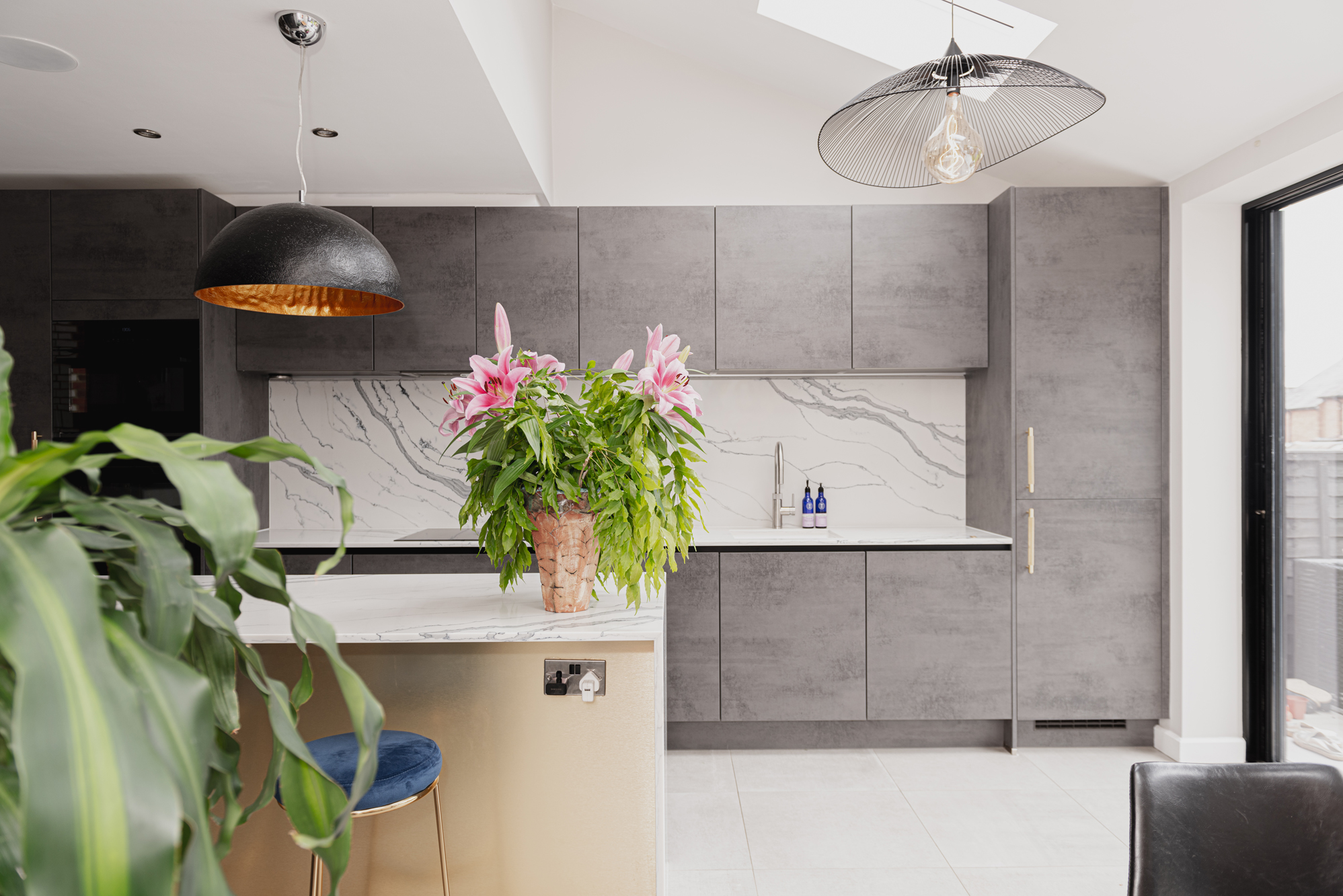Set a budget
Regardless of your income status, it’s important to live within your means and know exactly how much you can afford to spend on rent. It might seem tedious at first, but drawing up a financial plan will save a lot of time and effort further down the line! Make sure you’re aware of the entire cost of your prospective property – whether the monthly payments includes utility bills, or if this will be an additional fee on top of the rental sum. Plus, it’s likely there will be a security deposit or the need to make a down payment for the first month’s rent, so be sure to factor this into your budgeting.
Location hunting
Once you have your budget secured, you can start investigating the areas you’d like to live in. Keep an open mind during this process: you might be able to find larger properties for slightly less if you look outside the super popular areas. Naturally, you’ll want to consider your commute, proximity to local amenities and general transportation.
Time for viewings
The process of viewing rental properties can be time consuming, and you may find yourself having to schedule the appointments around work or on the weekends. Therefore, it’s essential to be proactive in your decision making – if you find something you like, be ready to put an offer in quickly, as the market moves quickly.
Putting in an offer
Subject to your own budget, it’s recommended to put in an offer that meets or exceeds the asking price. This is the time to ask the landlord any specific requests or aspects that may need changing about the property. Keep an eye on the suggested move-in date too, as this could also affect your offer.
Paperwork
You’ll probably already have your important documents to hand, but these should include ID, proof of address, bank statements and various references from your landlord and employer. These will be needed to finalise your tenancy agreement, as well as a Right to Rent check with your agency.
Deposit protection
If you’re new to renting, you might not be aware of Tenancy Deposit Protection (TDP). Your landlord is legally instructed to place your money into a government-backed tenancy scheme, one that you will be informed of within 30 days of transferring the deposit funds.
Inventory check
Conduct a thorough investigation of your property for any existing damage, breakages or faulty appliances. This will aid any potential disputes you might have with a landlord when it’s time to move out. In addition, certain landlords will be particular about any decorating, so be sure to clarify what you can and can’t do in your new rental property.
Move in day
After what may feel like a lengthy process, it’s time to celebrate and move into your new home! Organise when you’ll collect your keys from the estate agency and coordinate removal companies and your own transport accordingly. Once you’re settled in, you can sit back and relax in the new neighbourhood.
We’re here to support our tenants every step of the way. If you’re starting out your rental journey, speak to a member of our lettings team to see how they can help out.




